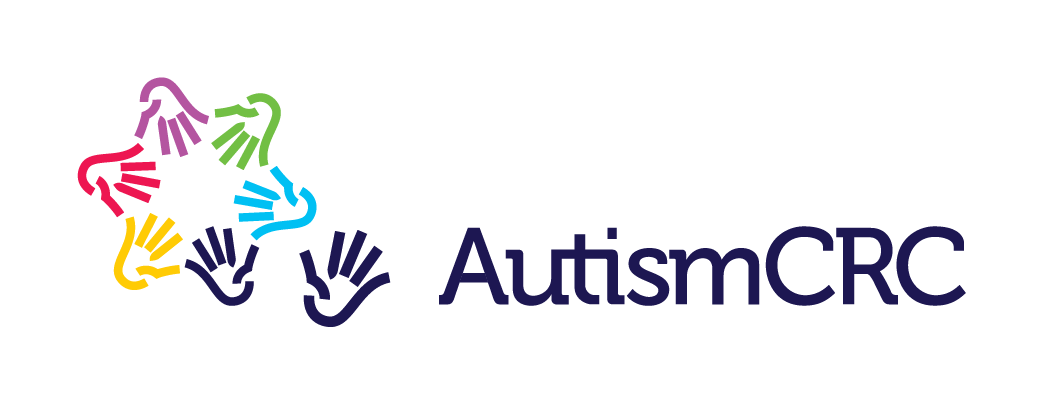Understanding soft skills

Key points
-
Soft skills are personal attributes and characteristics and apply to both your work and everyday life.
-
Everyone has different strengths and soft skills.
-
Soft skills can be as important as qualifications, training, and expertise - so it is a good idea to include them in your job applications.
Developing soft skills
‘Soft skills’, or employability skills, are personal attributes that you can apply to a variety of job and life situations. These skills are usually about your strengths (like analytical thinking), interacting with others (like compassion), and skills like leadership and goal orientation. These are often the things that make people want to work with you!
By contrast, ‘hard skills’ are specific and measurable – such as a formal qualification, or expertise in using certain computer programs. Hard skills are often considered to be more directly teachable, as you can acquire them through different types of training.
You might start off with natural strengths and weaknesses in different soft skill areas, but you’ll also develop these skills over time. This is often a self-improvement process that occurs both through direct training as well as indirect methods, such as experiencing new things, making mistakes and gaining self-awareness.
Below are some examples of soft skills. Remember everyone has some of these skills, but no one person will have them all.
Soft skills
-
Compassion: The ability to demonstrate care for other people’s needs and feelings. For example, offering to cover a co-worker’s shift so they can stay at home when they’re sick.
-
Cooperation: The ability to work well in a team, and to prioritise collective goals over personal interests. For example, helping others with their work tasks once you’ve finished with yours.
-
Dependability: The ability to reliably and consistently meet your commitments. For example, arriving at work on time each day.
-
Intercultural competence: The ability to be sensitive and inclusive of people from a variety of backgrounds. For example, respecting other people’s cultural traditions, languages and religious beliefs.
-
Social orientation: The ability to collaborate with others, rather than work alone. For example, being able to interact and communicate with many others as part of your job. This is an important soft skill for working in hospitality, retail, or customer service jobs.
If you’d like to develop some of the above soft skills, consider engaging with others by joining clubs, volunteering or finding a mentor.
Some of soft skills related to internal strengths, values and work ethic are:
-
Adaptability: The ability to navigate positive and negative changes in the workplace. For example, being able to unexpectedly switch from one task to another.
-
Analytical thinking: The ability to consider information and solve issues in a logical manner. For example, breaking a large problem into small, manageable steps.
-
Attention to detail: The ability to be thorough and precise when completing a task. For example, noticing and correcting any errors in how the task is being done.
-
Integrity: The ability to be honest and ethical, even in challenging situations. For example, admitting to your own mistakes, and working to correct them.
-
Persistence: The ability to persevere when faced with obstacles. For example, using trial-and-error methods to search for solutions to a problem.
-
Self-control: The ability to regulate your emotions and maintain a professional composure. For example, being patient and calm with a co-worker or a customer, even if they are becoming upset and loud.
-
Stress tolerance: The ability to regularly work in high-pressure situations. For example, managing your stress to work in an environment where there is lots of sensory stimuli, social demands, and multiple job tasks.
If you’d like to develop some of the above soft skills, consider discussing your current strengths and weaknesses with a supportive (but honest!) person. This can help you to identify what skills you most need to work on. Some can be practised by undertaking work experience or other opportunities. Developing other skills, like adaptability or stress tolerance, may benefit from using other approaches, including meditation, practicing positive self-talk, keeping a daily journal or talking with a psychologist or counsellor.
Advanced skills
Advanced skills are about your capacity to take charge of situations, contribute opinions, and motivate yourself and others. You’ll usually start to develop these skills after learning the basics and gaining more experience in the workforce.
-
Goal orientation: The ability to challenge yourself by setting and achieving professional goals. For example, consistently achieving the tasks and outputs that your supervisor requires of you in your role.
-
Initiative: The ability to undertake opportunities and tasks without being explicitly asked to do so. For example, tidying up the staff kitchen if you see dirty cups or plates left on the counter, even if it’s not one of your usual responsibilities (or your mess!).
-
Innovation: The ability to find creative solutions to work-related problems. For example, streamlining an existing process so you can work more efficiently.
-
Leadership: The ability to delegate work tasks, make good decisions and guide others. For example, helping a new staff member learn some job tasks.
-
Self-direction: The ability to guide your own work, self-teach skills, and depend on yourself to get things done. For example, being able to work on a job task once you know what to do, and figure out where to get answers or seek help if you encounter a problem.
If you’d like to develop your advanced skills, consider finding opportunities for Continuing Professional Development (CPD) that are relevant to your job needs and aspirations. You could also ask your supervisor for feedback on how you can build upon your existing skills.

